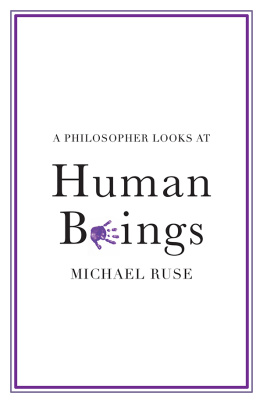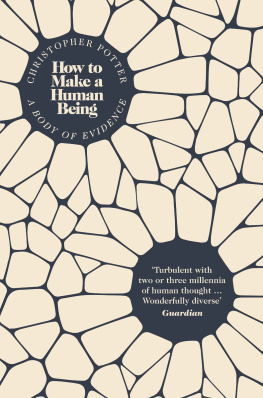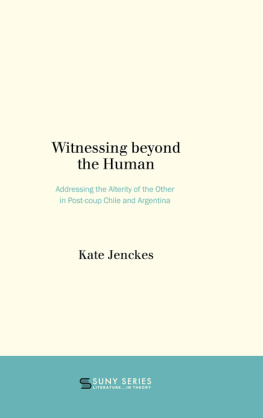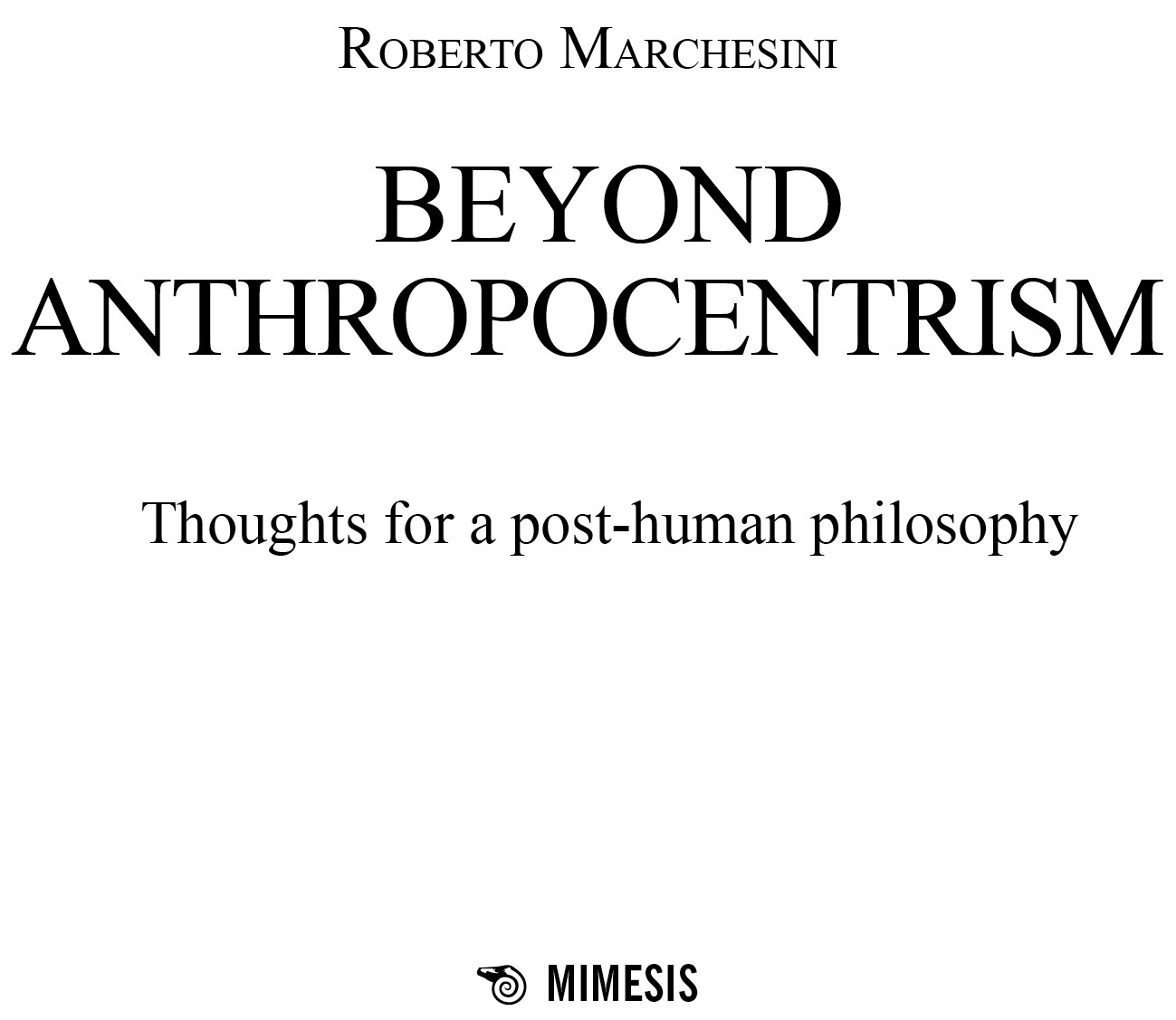1.
Knowledge and Different Levels
of Reality
Usually science talks about a world that contradicts our common sense or our natural interpretations: Earths decentralization inverts our relation with stars, objects lose their dimension of solidity to be crushed in energy fields, living beings are not traced back to a repetitive genealogy but to a changing one, the dimensional ellipsis allowed by mathematics annihilates the ternary basis of experience, time itself seems to rest on a space. How did we get to this point and why? How does the reality in which we live (and that science deconstructs in a counter-intuitive way) emerge? What is its meaning? Do real and apparent predicates, as Galileo wanted, exist or do we have primary and secondary qualities as suggested by Locke?
In order to discuss epistemology, it is fundamental to know the epistemic apparatus of the human being in its basic coordinates, so as to investigate the stability of knowledge, which today seems to be anything but stable. Every event, in order to be understood, needs to be transformed in its kinetic dimension, but the evaluation of the movement requires a still background, as it depends on a premise of stability. Therefore, the epistemological foundations are the prerequisites to grasp an event, they represent its clich . Thus, should we be pleased with an instrumental view of epistemology?
The world appears to us as a group of predicates that we acquire through our sense organs: the texture of a piece of furniture, the taste of a strawberry, the colour of a flower, the smell of mowed grass. It seems like that, but we know that the perception of predicates does not belong exclusively to the object for example not everyone agrees on the predicates of a particular event and different species always notice different predicates when exposed to the same phenomenon. On the other hand, a predicate is not an invention of the organs through which we interact with reality, if it is true that it is possible to easily dwell in the world thanks to the semiology of the predicates, obtaining confirmations to our needs.
Moreover, we experience both synchronic and diachronic relationships between predicates; we can infer norms that, even while not being necessarily stable, can give us a good forecasting probability. Often acquired correlations offer us the possibility to favour and foresee the occurrence of a phenomenon. If predicates are neither exclusively of the world nor the result of a pure invention of our sense organs we can say, with approximation, that they are the rising outcome of the interaction between our peculiarities how we face the world and some general and specific qualities of the real. Therefore, this emergence, our way of seeing reality, is not an expression of the world in itself, but of our particular dialogue with the world.
Why do we dialogue with the world? For a very simple reason: in order to live we need answers, we need to interiorise order so as to stabilise our own improbability. Living beings are thermodynamically unstable systems, a dissipative structure to put it in Prigogines words whose temporary resistance in the complexity of the general non-equilibrium is due to their opening, to their interaction with the world. The comings and goings through a cell membrane, that of an intestine or of woody foliage, or that of blood vascularization are an emergence of the world, whose dialogue is capable of delimiting an environment, a domain of metabolic validity, through the edges of the interchange.
Living beings are not autarchic: they need to dialogue if they want to preserve the internal order that characterizes them and information is the most precious resource to this purpose. On the other side, information is not in the world, it is not an objective reality, whether obvious or cryptic, or simply accessible. Information lies in the dialogue with the world, in the point where a particular question intersects a field of possibility. The answers do not come from our exposure to the world, as this would mean that the answers are in the world. They do not emerge from projective or creative construction either, as this would mean that the answers are simply ours. The answers are the result of a precise question, they are a reassembly of the worlds around a flow of key words. Therefore, the dialogue has an ecosystemical structure: there the living dwells, there it finds its real nourishment, that is, information.
On the other hand, information is not something released from the operative content of the inquiring being; in other worlds, there is always need of a scale or a gradient of information for the circumstantial and causal correlates required to emerge. The operative space of the epistemic entity represents the fitness of the inquirer, whose fortune does not depend on a generic or absolute presentation of the real, but on a precise catalogue of risks and opportunities. In other words, the inquirer lives at a precise level of reality, given by a specific organization of the real, where the organization itself produces binding effects and emergences, which are qualities that cannot be subsumed from other organizational fields. Therefore, common sense is a way to live reality. It is neither a projection or an invention, nor is it the only possible reality.
1.1. Questioning the World to Obtain Fitness
Charles Darwin showed us that reproductive success is the key to understanding the shape, the hic et nunc of the natura naturata , because only those who are able to replicate themselves with success are now here to show off their characteristics. However, reproductive success, able to gain a perfect coherence between shape and function, an organism and its environment, ecological niche and behavioural traits, anatomy and physiology a coherence that, first of all, is congruity and adherence to a style, an equilibrium between needs of efficacy and efficiency has precise requests for the world. Acquired information allows for the maintenance of an internal order of the living: this negentropy is existence, an expression of a here-and-now, replication and evolution.
Can the energy of which a living being feeds on be reduced to an epistemic function? The questions deal with the events that cross the specific order of that given living being, and therefore they ask for basic epistemic correlates, that is, a totally peculiar dialogue with the world. Thus, we can consider the epistemic apparatus of a species as a field of stability that allows us to capture only the events of the world that are important under the profile of fitness. It is the field of dialogue that defines the epistemic apparatus. Therefore, its partiality should not be surprising for us the field of dialogue reflects the subjectivity of the question, the specific election of the events to record, the type of information that we are looking for but this does not justify falls into epistemic relativism, which is the total disarticulation of the functional result of the consistency of the world. If in an elongative phenomenon we are prone to read the entity which is in movement in respect to the background and so we say that it is the lion that comes closer and not the savannah that moves back that preconceived interpretation is not entirely true; hence the illusion that the moon moves in the sky and not the clouds, as Eibl-Eibesfeldt said. Still, in the context where we dwell, it is highly probable and moreover it has an adaptive meaning which is not indifferent.









